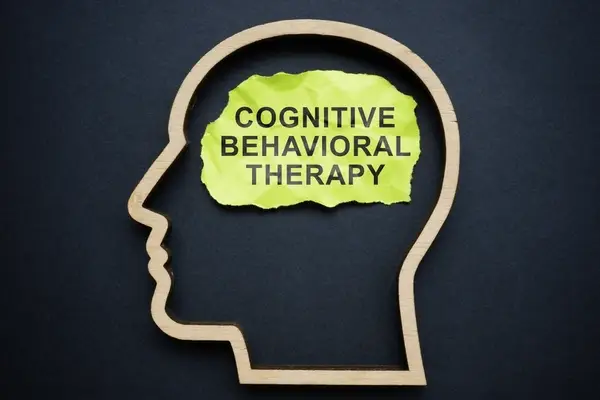Cognitive Behavioral Therapy (CBT) and Rational Emotive Behavioral Therapy (REBT) are pivotal frameworks in clinical psychology. While both focus on altering patients' beliefs, they differ significantly in their approaches. CBT, developed by Aaron T. Beck, is an empirically-based therapy aimed at modifying unhelpful thought patterns to treat various mental health disorders. REBT, introduced by Albert Ellis, is a philosophically-based therapy that challenges irrational beliefs to reduce emotional distress. Understanding these distinctions is crucial for mental health professionals to tailor effective treatment plans. This blog delves into the similarities and differences between CBT and REBT, and their implications for counseling practice.







